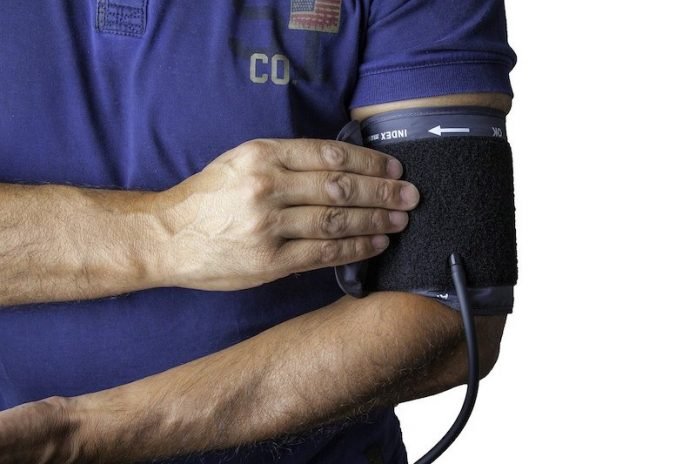
In a new study, researchers found that while sugar-sweetened drinks are linked to elevated blood pressure, healthier foods that contain some sugars may have a protective link when it comes to high blood pressure.
The study combined data from over two dozen nutrition studies.
The research was conducted by a team at the University of Toronto.
The team found that sugar-sweetened beverages were linked to a 10% increase in blood pressure (also called hypertension) in the review, which analyzed data from more than 900,000 participants in the other studies.
Fruit, small amounts of 100% fruit juice, and dairy and whole grains with moderate amounts of added sugar all showed some protective associations with high blood pressure.
The team says that many dietary guidelines for sugar are based on evidence that sugar-sweetened beverages are harmful, but people shouldn’t necessarily extrapolate that to whole fruit, or low-fat yogurt or a whole-grain cereal that contains sugars.
The results can provide some relief to consumers and patients concerned about high blood pressure, and who may count teaspoons of sugars in the many foods they eat over the course of a day.
The DASH diet (Dietary Approaches to Stop Hypertension) emphasizes whole fruits, including fruit juice, and vegetables, low-fat dairy, including sweetened yogurt, whole grains, legumes and nuts with lower amounts of meat, sugar-sweetened beverages, and sweets.
It has been shown to reduce blood pressure strongly.
The researchers call for more research on sugars and heart health but say results from their study show clear signals that sugar-sweetened beverages are linked to increasing the risk of high blood pressure and that whole fruit and nutritious foods with moderate amounts of added sugars can be part of a healthy diet.
One author of the study is John Sievenpiper, an associate professor in the department of nutritional science.
The study is published in the Journal of the American Heart Association.
Copyright © 2019 Knowridge Science Report. All rights reserved.



